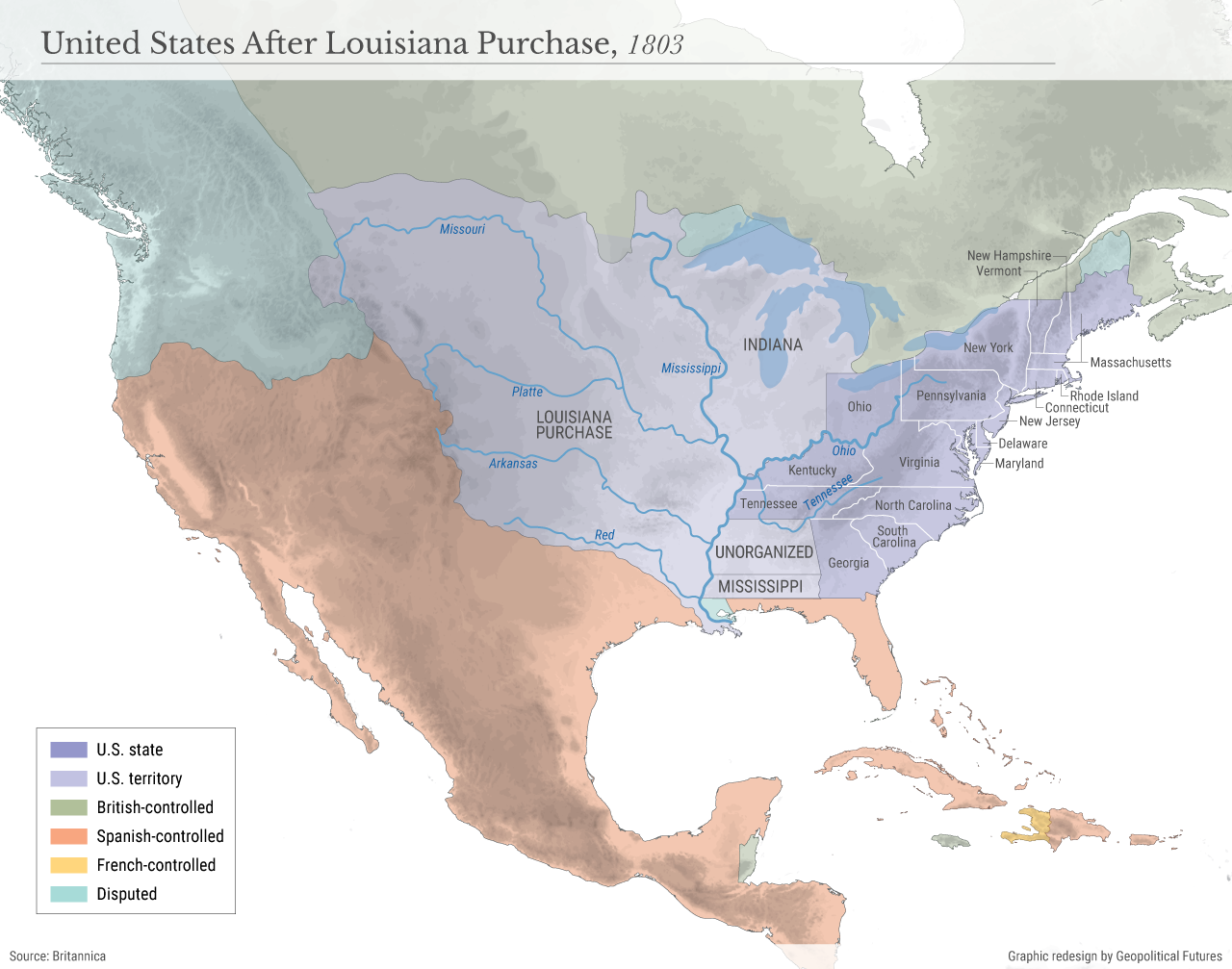prani
Banned
Dude air-conditioning technology has grown leaps and bounds because of the US settlement of sub tropics, if you're not having those regions within the US my money is on the technology in the areas of heating and insulation, you're talking about the fruits of industrial revolution which otl went to solving the problem of disease and heat of the sub tropics to that of the tropics.And both of you are missing the point
How much of that has to do with the numerous dams Along the Colorado? Like the more i think about it, the less difference i see between the challenges between the cold climate vis a vis warm climate. You needed air-conditioning to settle the arid and semi arid lands of California, you needed massive irrigation works to feed and give water to the population over there, you don't need to build dams in Canada cause it's filled with lakes.In 1940, well before the widespread use of air conditioning, California was the 5th most populous state in the US. So plenty of people wanted to live there
I'm surprised you totally forgotten the role played by the gold rush and the oil boom that helped finance California's economy, the role played by California's horticultural sectors that benefited off those economic booms. Climate did play a role but wasn't the sole reason.
